Interview with Dr. Andrew Korybko: Insight into the Russia-Africa Summit and its Geopolitical Significance
Dr. Andrew Korybko, Moscow-based Geopolitical analyst, shares valuable insights into the upcoming Russia-Africa Summit, with Nefasit Post's Amanuel Biedemariam focusing on peace, security & development.
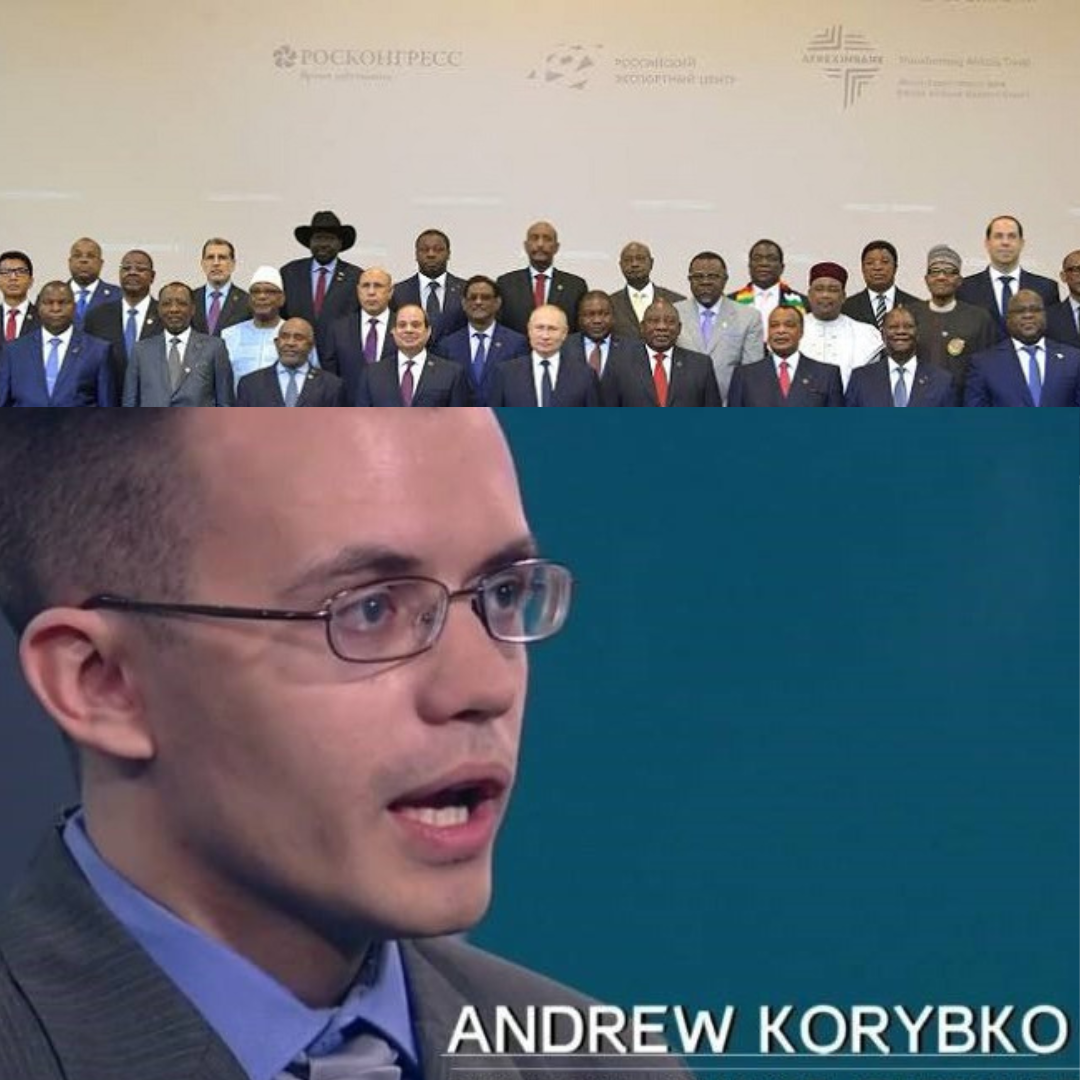
By Amanuel Biedemariam
Nefasit Post: Can you provide an overview of the Russia-Africa Summit scheduled for next week? What are its main objectives and expected outcomes?
The theme is peace, security, and development, so military and economic ties are expected to be most prominently on the agenda. Russia’s “Democratic Security” expertise, which refers to a wide range of counter-Hybrid Warfare tactics and strategies, is very attractive to many African countries nowadays. The same can be said about the world-class expertise of its power companies, especially RosAtom, which are eager to expand cooperation across the continent.
Russia began seriously engaging Africa much later than other major countries, placing it behind China, the US, the EU, Japan, Turkiye, India, and the UAE. Still, its agricultural and fertilizer exports helped it retain a strategic presence there. Accordingly, it’s expected that some deals could be struck in those two interconnected spheres together with the “Democratic Security” and power generation ones, not to mention the hydrocarbon and mining spheres that Russia also specializes in.
Nefasit Post: How significant is this summit regarding Russia's engagement with the African continent? What areas of cooperation and investment are likely to be discussed?
The event signifies that there’s political will on both sides to comprehensively expand Russian-African relations, accelerating the global systemic transition to multipolarity that kicked into high gear after the start of Moscow’s special operation in Ukraine and the resultant proxy war with NATO there. Therefore, political agreements on the general contours of the emerging world order are expected to complement specific military-economic deals.

Nefasit Post: What key African countries or leaders are expected to participate in the summit, and how have their preparations been shaping up?
Most of the continent will probably be represented, though the official guest list hasn’t yet been confirmed. In any case, public indications suggest it’ll be a major event for the participating parties, who take the summit very seriously. The COVID-19 pandemic and Western pressure stemming from the NATO-Russian proxy war in Ukraine impeded the implementation of their plans from the inaugural summit in October 2019. Hence, it’s important for them to make up for lost time.
Nefasit Post: Security and geopolitical dynamics are crucial in Russia-Africa relations. Are any specific regional or global issues likely to be addressed at the summit? Can you focus on the Red Sea, Mali, and Sudan?
The summit aims to strengthen Russian-African ties bilaterally and multilateral, so it’s unlikely that the participants will discuss issues that could lead to disagreements. Regional ones might be touched upon bilaterally behind closed doors regarding Russia's role in resolving challenges a particular country faces, but nobody will scheme against anyone else. All such talks will only concern mutually beneficial cooperation that isn’t directed against third parties.
Nefasit Post: Given the backdrop of ongoing global challenges such as climate change, the COVID-19 pandemic, and Ukraine, will any discussions on joint efforts to tackle these issues during the summit?
Russia can help African countries deal with climate change through nuclear energy cooperation with RosAtom, assist them with managing epidemiological threats through more research and vaccine cooperation, and resolve their food security issues through more agricultural and fertilizer deals.

Nefasit Post: Eritrea is one of the African countries with close ties to Russia. Could you provide insights into the historical context and current status of Eritrea-Russia relations and how these relations might influence Eritrea's participation in the upcoming summit?
President Isaias Afwerki’s first-ever trip to Russia earlier this summer and his public statements showed that he nowadays regards bilateral relations as strategic due to their countries’ similar views about the emerging world order. His recently confirmed plans to attend the upcoming summit will likely see him and President Putin build upon whatever they previously agreed to. It’s in both of their interests to manifest itself tangibly as soon as possible.
Nefasit Post: Lastly, what role does journalism play in covering and analyzing the summit? How can journalists ensure accurate and unbiased reporting on such an important event?
Those who cover the summit would do well to reference the grand strategic context in which it’s occurring, which concerns the global systemic transition to multipolarity and the participating African countries’ defiance of Western pressure to boycott this event. It’s crucial to imbue their audience with an appreciation for both in order for them to understand better the summit’s significance in heralding the continent’s rise as an increasingly independent pole of influence in global affairs.
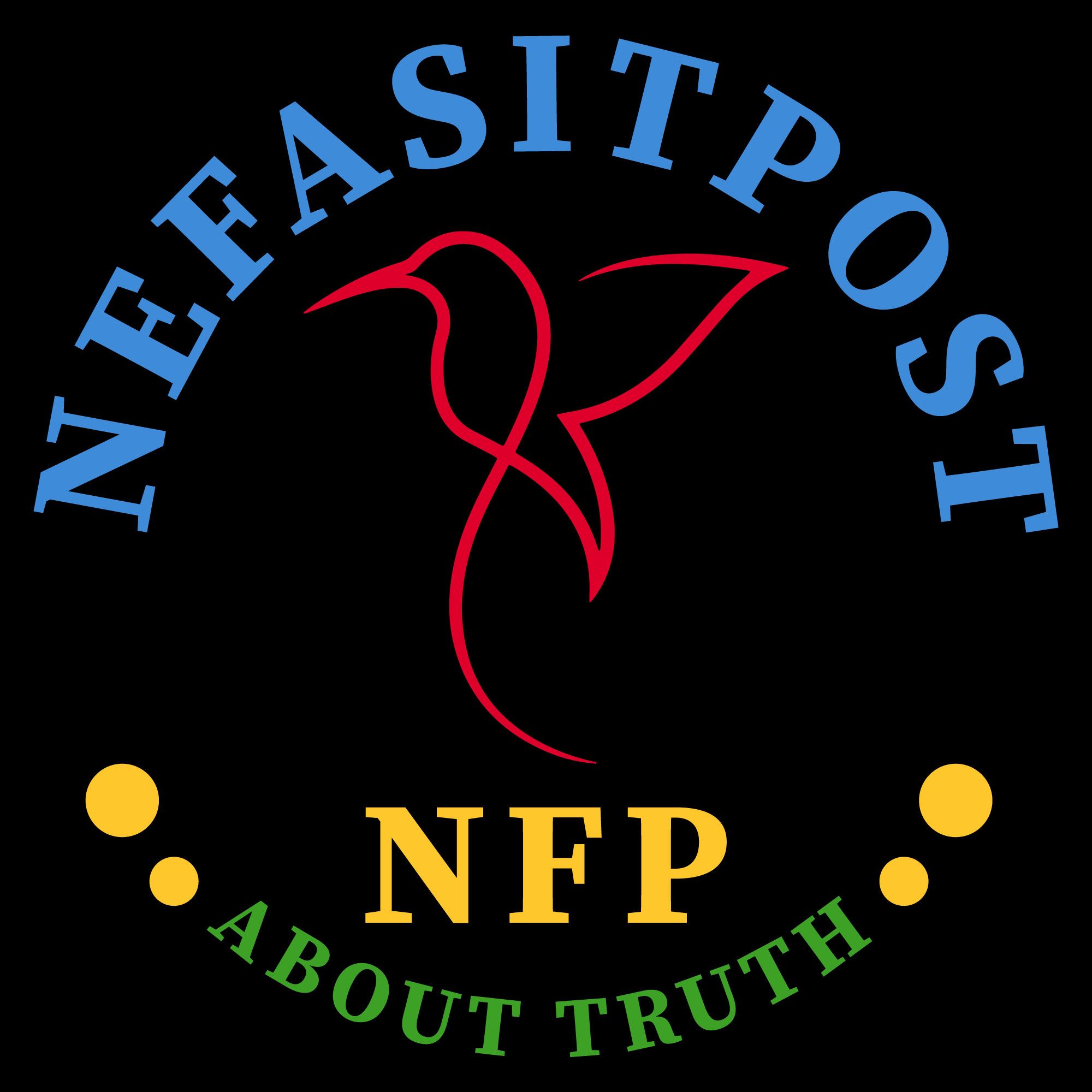
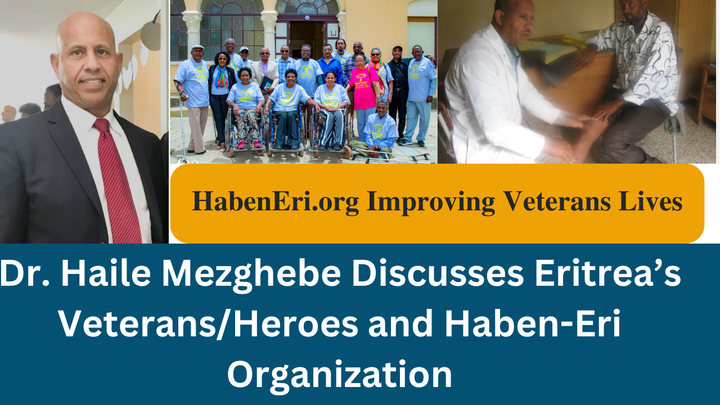
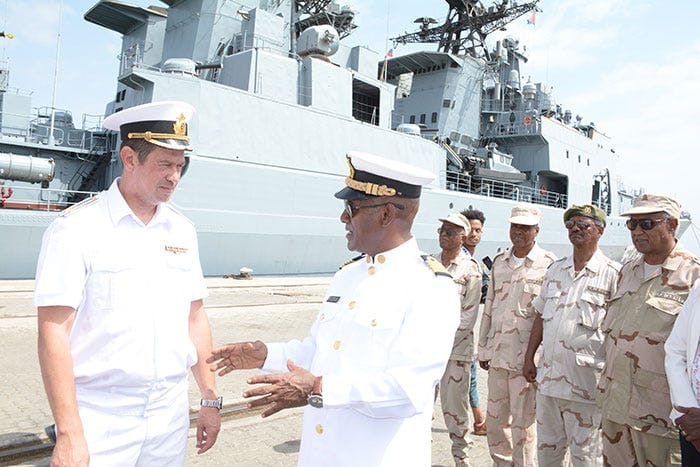
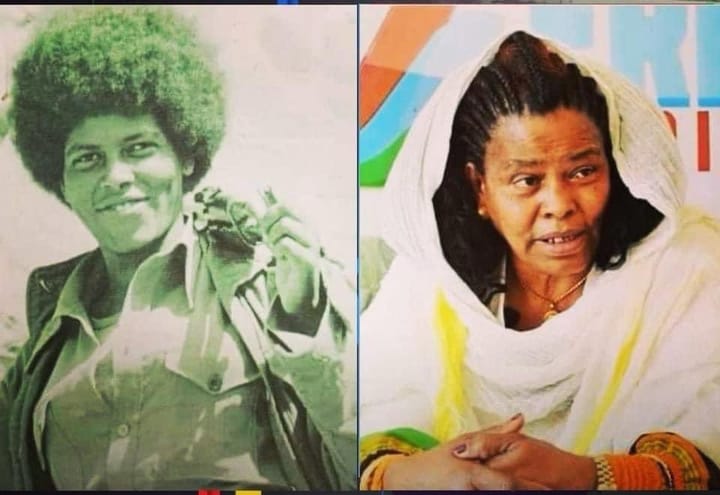
Comments ()